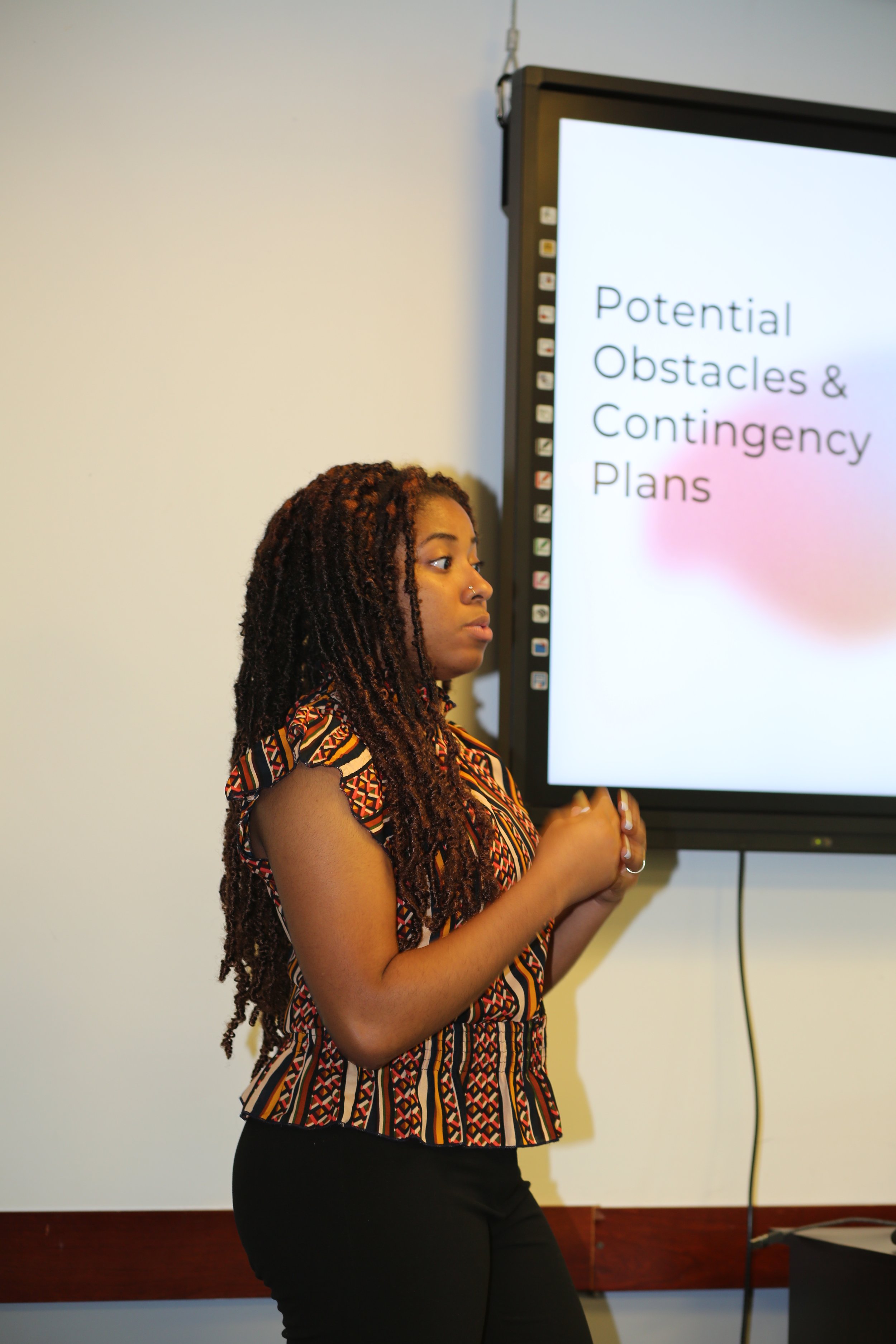I have been granted the opportunity to partner with Almost Fun for the duration of my fellowship. Almost Fun is an educational-technical, non-profit organization that focuses on minimizing the educational barriers, specifically math curriculum, of minority students. This work is done by ensuring that resources are available, easy-to-navigate, and is culturally responsive. So why is being culturally responsive vital to the success of minority students, and how does Almost Fun recognize the importance of it?
Prior to my role, I was unaware of how large the educational gap is for students of color. Every week, we are assigned a reading that discusses the impact of racism in public education. To my surprise, the impact is immense. There are several ways in which racism appears in the classroom and affects minorities, specifically Black and Brown students. I have learned that one way being culturally unresponsive affects minority students is that it translates to low expectations of those students. Teachers lead with the assumption that because White and Asian students perform fairly well compared to Black and Brown students, they should not expect anything more from those students. This is detrimental due to the fact that teachers will intentionally, or unintentionally, offer greater resources to these students, while neglecting other students of color. The most interesting thing about this is that if a group of Black and Brown students perform better than White and Asian students, they are merely treated as outliers rather than celebrated and honored in the ways that their peers are. This stereotype expects certain students to succeed while, unfortunately, other students of color are expected to fail. (Anderson, 2017).
Teresa photographed at FLIA’s retreat in Harlem, NY.
Another compelling article I have read is the effects of psychological dissociation on minority students due to frustrations and feeling left out in classrooms and curriculums. Psychological dissociation is the act of disconnecting from one’s own thoughts, actions, and even emotions. It can result in the lack of participation in class or the lack of interest in a curriculum, which can ultimately affect their test scores. Why does psychological dissociation occur so often? Students of color frequently adopt this notion that education, specifically math curriculum, is a “you either got it or you don’t” mindset. (Henderson, 2017).
Almost Fun believes that minority students should be given equal opportunities to succeed in the classroom. Though math can be challenging and cultural/race barriers make it incredibly difficult to grasp, success in math is attainable; practice makes perfect. The organization has worked diligently to design interactive and captivating lessons that will appeal to students of color. I am deeply thankful for Almost Fun and their resources. Not only have I learned substantial information regarding the challenges of math for students of color, but I too have the opportunity to make a change through my work.



